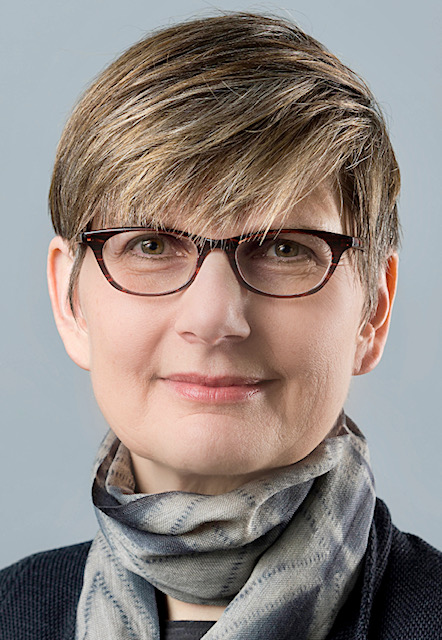Learning from the digital undertow

Photo: Shutterstock
Wanda Orlikowski has spent her whole research life studying digital phenomena that change organisations and work practices. We talked to her about her motivation, what her research tells us about the world we live in and what next big question she will pursue.
What ignited your interest in research?
I had become very interested in computers during my undergraduate studies and was fortunate to have been encouraged to continue on for a master’s degree in that field. And it was in doing research for my master’s thesis in this area that I found my passion — becoming fully absorbed by and committed to generating new ideas and insights about digital phenomena in the world.
When the wave hits
You describe digitalization of industries such as book publishing and hospitality as hit by a wave, but having a digital undertow that is typically unnoticed. What did you find in these undertows?
With my collaborator, Susan Scott of the London School of Economics, we view the digital undertow as the momentum that is displacing established institutional apparatuses — the rules, standards, values, norms, etc., that guide, inform, coordinate, and regulate the performance of core organizational activities.
For example, in book publishing, the institutional apparatus being displaced by eBooks is the widely used and highly successful ISBN book standard, while for hospitality, the institutional apparatus being displaced by online travel platforms is the set of expert-based hospitality accreditation schemes.
We understand the digital undertow as always in play when core activities are being digitized by waves of digitalization and argue that much can be learned about institutional change by studying these digital undertows.
Too little focus on the undertow
Why didn’t we foresee it – or at what point of the wave should there has been a deeper realization of the depth of the undertow?
The challenge with the changes happening in the digital undertow is that they are hidden from view and distanced, both spatially and temporally, from where the primary and visible program of digitalization is taking place. So, there is little (if any) attention focused on the undertow, and thus limited understanding of the dynamics being generated there — until these become problematic.
Your research shows several challenges hiding in the undertow that leads to your findings on institutional displacement? What are they?
In each of the industries we have looked at, we see that the challenge in the undertow is that the primary institutional apparatuses informing the industries’ core activities are being threatened. To the extent that those insitutitional apparatuses get undermined and displaced, they will lose purpose and authority, and thus their capacity to guide, coordinate, and regulate industry activities.
You talk of “sociomaterial entanglement” -– what do you mean by that?
Research approaches have tended to separate technology and organizations, treating them as distinct, and then focusing on how they interrelate. We assume that these are inseparable from the start, so that one cannot conceive of organizations without considering their materiality, and similarly one cannot conceive of technology without considering the social and organizational practices that give it meaning.
A motivating appointment
Now you are an Honorary Doctor of Copenhagen Business School. What does that appointment mean to you? And what does it mean to your research?
Being awarded an Honorary Doctorate at Copenhagen Business School is an incredible honour, and I am grateful and humbled by the appointment. For my research, it suggests that the work I have been doing is being read and that it resonates with other scholars. Such recognition of the work is very exciting and motivates me to continue doing more.
How do you see your cooperation with CBS?
Over the years, I have had many wonderful interactions with CBS researchers. These have been informal research connections and conversations at conferences and workshops. With my new appointment, I look forward to building on these interactions to deepen my relationships with the school and its researchers. I hope these engagements will be mutually valuable and generative with respect to research ideas and knowledge.
Heading for a deeper dive
What will be the next big question you will seek the answer to?
Given how important, understudied, and poorly appreciated the digital undertow is, I plan to continue focusing on this phenomenon so as to deepen our understanding of its contours and dynamics and generate actionable insights that might help us better identify and address its challenges.




